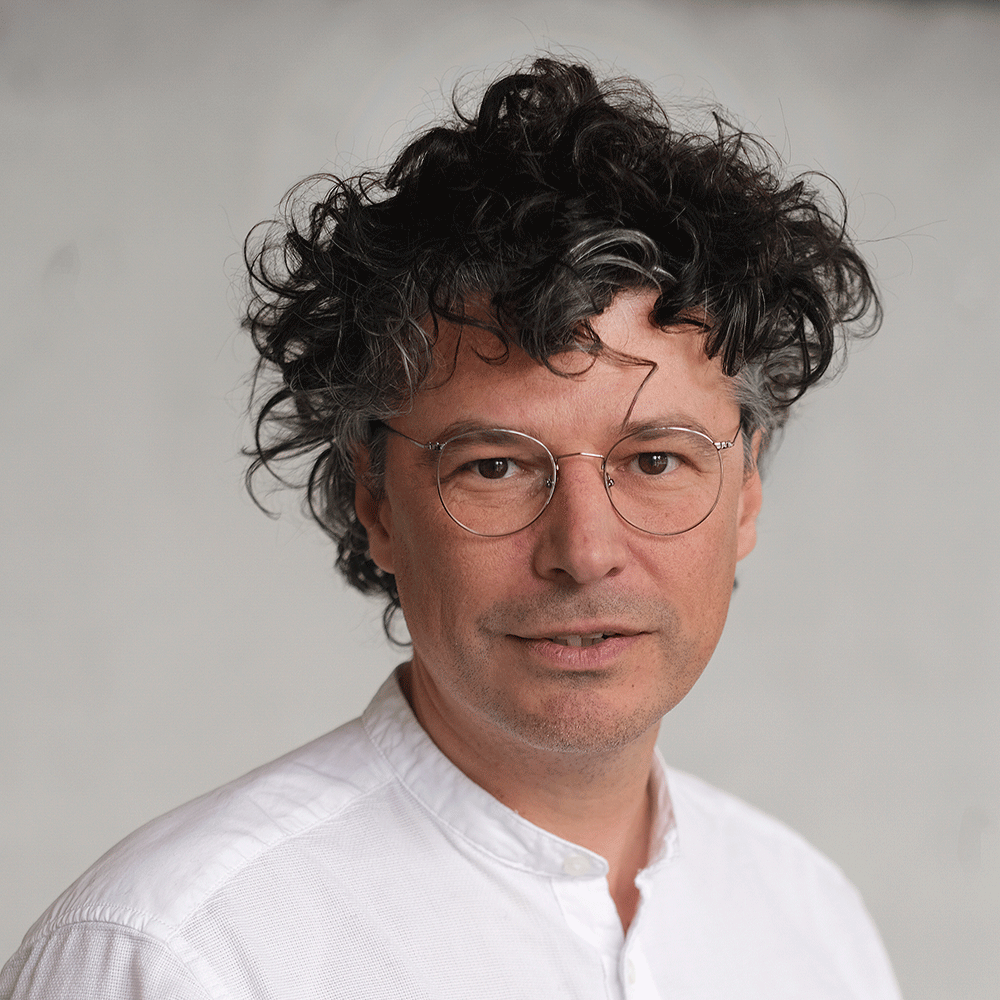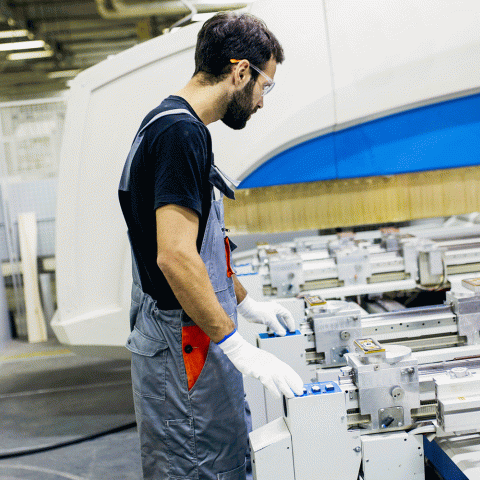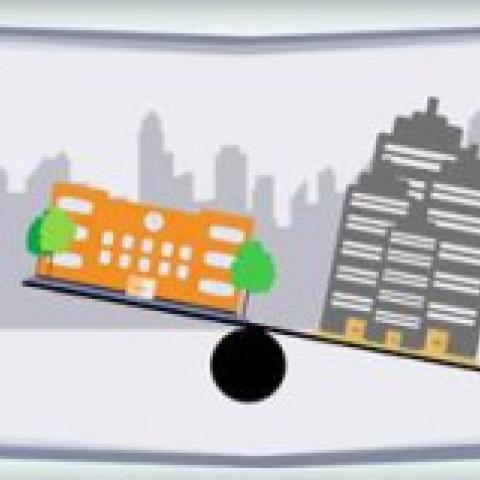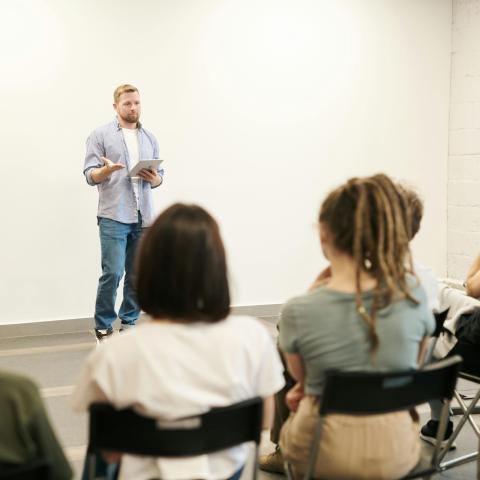Werk en vaardigheden
-
Binnen dit thema onderzoeken wij welke vaardigheden nodig zijn voor het uitvoeren van werk en hoe de vraag naar vaardigheden verandert, bijvoorbeeld door technologische ontwikkelingen of de groene transitie. In een productieproces leidt de uitvoering van taken tot output in de vorm van producten of diensten. Sommige taken worden uitgevoerd door mensen en andere taken door technologie (bijv. robots, AI). Menselijke taken, die gebundeld zijn in beroepen, en technologie kunnen elkaar aanvullen waardoor mensen productiever worden. Technologie kan echter ook een substituut zijn voor menselijke taken, waardoor bepaald werk verdwijnt. Ons onderzoek beoogd beter grip te krijgen op de taken van werknemers en de vereiste vaardigheden in beroepen. Door technische veranderingen, maar ook organisatorische veranderingen, globalisering en de groene transitie, is de vraag naar vaardigheden veranderlijk. Daarom bestuderen wij ook veranderingen in de taken en vaardigheden van werknemers in de loop van de tijd.

Contactpersoon: D. Fouarge
-
Gerelateerde projecten

Taken en vaardigheden op de werkplek
In een productieproces leidt de uitvoering van taken tot output in de vorm van producten of diensten. Sommige taken worden door mensen uitgevoerd, terwijl andere taken door machines worden uitgevoerd. Menselijke taken, die zijn gebundeld in…
lees meer
PIAAC
Het programma voor de internationale beoordeling van competenties van volwassenen (PIAAC) is een initiatief van de OESO dat overheden helpt bij het beoordelen, monitoren en analyseren van het niveau en de verdeling van vaardigheden onder de…
lees meer
Project Onderwijs-Arbeidsmarkt (POA)
Dit project richt zich op de afstemming tussen onderwijs en beroep, de substitutieprocessen op de arbeidsmarkt, en genereert middellangetermijnprognoses voor de arbeidsmarktperspectieven voor ongeveer 100 onderwijsprogramma's en beroepen, 35…
lees meer
ai:conomics
De implementatie van intelligente technologieën in bedrijven verandert onze werkomgeving. Kunstmatige intelligentie (AI) verandert onder andere onze taken, werkresultaten en onze samenwerking. Deze veranderingen vinden nu al plaats. Het…
lees meer
Arbeidsmarktbeleid gericht op doorwerken na de pensioengerechtigde leeftijd: een internationaal perspectief
Doorwerken na pensionering komt steeds vaker voor en in toenemende mate is er sprake van een soepele overgang tussen werkzame leven en pensioen. In een internationaal vergelijkend perspectief maken wij gebruik van elkaar aanvullende…
lees meer
Positief Gezond Werken in het MBO
MBO-instellingen maken al enige tijd gebruik van Positieve Gezondheid in hun curriculum voor studenten (m.n. voor studenten in zorggerelateerde opleidingen). De afgelopen paar jaar proberen de instellingen om dit ook te vertalen naar hun…
lees meer
Eurograduate
Het Eurograduate-project is een proefonderzoek onder afgestudeerden in 17 Europese landen, dat tot doel heeft de basis te leggen voor een duurzaam Europees onderzoek onder afgestudeerden. Dit is een boeiend initiatief om in kaart te brengen…
lees meer